
Scientists Warn of a Silent Epidemic: Men’s Testosterone Levels Are Plummeting — And Here’s Why
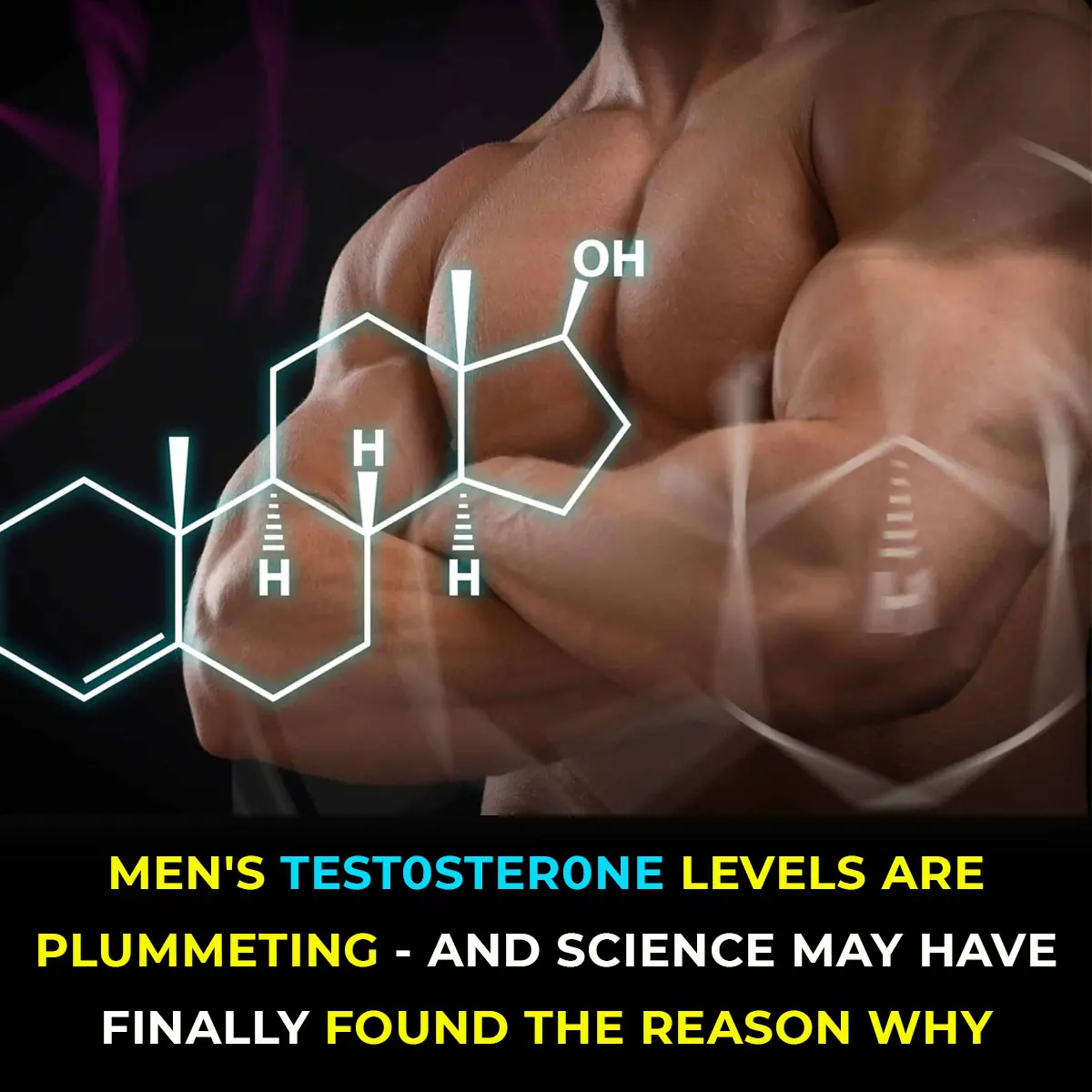
A global shift is quietly occurring among men, though it's not often discussed in the media or public forums. Science, however, is clear: men's testosterone levels are dropping at an unprecedented rate, and the effects are far-reaching.
Once thought to be a natural, gradual decrease with age, testosterone decline is now being observed in younger men. In fact, a healthy 22-year-old today may have lower testosterone than his grandfather did at 50, raising concerns among scientists.
The Alarming Numbers
A 2007 study published in the Journal of Clinical Endocrinology and Metabolism revealed that testosterone levels in American men have been declining by 1% per year since the 1980s, regardless of age, race, or health.
This means that by 2025, a 40-year-old man will have 25% less testosterone than a 40-year-old man from 2005.
And it's not just an issue in the U.S. Similar trends have been observed in Europe, Asia, and Australia, pointing to a global hormonal shift that scientists are just beginning to understand.
Why Testosterone Matters
Testosterone is not just a "sex hormone"; it plays a vital role in:
-
Building muscle mass and bone density
-
Regulating mood, motivation, and mental clarity
-
Supporting heart health and metabolic function
-
Maintaining libido and reproductive health
Low testosterone—often referred to as "Low T"—is linked to depression, fatigue, obesity, cognitive decline, infertility, and even a higher risk of premature death.
In short, testosterone is the foundation of male vitality, and its decline is reshaping both the physical and emotional aspects of manhood.
What’s Behind the Decline?
The unsettling part is that there is no single cause for this decline. Researchers believe it's the result of a combination of modern environmental and lifestyle factors:
-
Endocrine Disruptors
Plastics, pesticides, and household chemicals contain hormone-mimicking compounds like BPA and phthalates, which disrupt the endocrine system, reducing testosterone production and affecting reproductive function. Microplastics, now found in human blood, semen, and even testes, may also play a significant role. -
Obesity and Sedentary Lifestyle
Excess body fat, particularly around the abdomen, raises estrogen levels in men and suppresses testosterone. A lack of physical activity and muscle loss only compounds the problem, leading to further hormonal imbalance. -
Poor Sleep and Chronic Stress
Testosterone is primarily produced during deep sleep. Chronic sleep deprivation and ongoing stress raise cortisol levels, a stress hormone that directly suppresses testosterone production. -
Ultra-Processed Diets
Diets rich in sugar, seed oils, and processed grains, but low in zinc, magnesium, and vitamin D—key nutrients for testosterone production—contribute to hormonal imbalance. -
Blue Light and Technology Exposure
Excessive screen time, especially at night, interferes with melatonin production and disrupts circadian rhythms, indirectly affecting hormone regulation.
The Psychological Impact
While the physical effects of low testosterone are concerning, the mental and emotional toll may be even more profound. Many men report:
-
A loss of drive and ambition
-
Erectile dysfunction at younger ages
-
Emotional numbness or anxiety
-
A sense of fading identity
This is not just a health issue—it's a cultural and generational one.
The Crisis No One Wants to Address
Unlike other public health concerns, the decline in male hormones is not widely discussed. Why? Because it’s uncomfortable. Because masculinity is a complex and sensitive topic. Because we’ve normalized exhaustion, stress, and dysfunction.
But ignoring the problem won’t solve it.
Experts warn that if the current trends persist, the next generation of men may face widespread infertility, mental health crises, and early-onset diseases linked to low testosterone.
Dr. Shanna Swan, a leading epidemiologist and author of Count Down, refers to this as “a slow-moving catastrophe” that threatens not just men, but the future of human reproduction and health.
What Can Men Do?
While many of the causes behind the testosterone crisis stem from external factors beyond our control—such as polluted air, processed foods, and plastic contamination—there are steps men can take to improve their hormonal health, starting with daily choices.
Here’s how men can begin to reclaim their vitality, strength, and balance:
-
Lift Heavy, Move Often
Testosterone thrives on physical exertion. Studies show that resistance training, particularly compound movements like squats, deadlifts, and bench presses, can significantly boost testosterone levels. Just 3–4 strength workouts per week can reignite hormone production, rebuild muscle, and enhance focus. -
Prioritize Deep, Restorative Sleep
Testosterone is primarily produced during sleep, so poor rest is one of the quickest ways to suppress it. Aim for 7–9 hours of uninterrupted sleep each night. Turn off screens an hour before bed, keep the room cool and quiet, and stick to a consistent schedule. Rest is not laziness—it’s essential for hormone production. -
Ditch the Plastics, Especially When Hot
Plastic contains hormone-disrupting chemicals like BPA and phthalates, which leach into food and drink when heated, mimicking estrogen and lowering testosterone. Use glass, stainless steel, or ceramic containers for storage and reheating. -
Eat Like a Man Designed to Thrive
Your diet is a crucial tool for hormone balance. Prioritize whole, unprocessed foods, such as pasture-raised eggs, grass-fed meat, oily fish, avocados, olive oil, pumpkin seeds, and leafy greens. Zinc, magnesium, healthy fats, and vitamin D are vital for testosterone production, so ensure you’re getting enough of these nutrients. -
Cut the Sugar and Moderate Alcohol
Both sugar and alcohol can suppress testosterone production. Excess sugar spikes insulin, and alcohol disrupts liver function. While occasional indulgence is fine, regular consumption can cause a hormonal crash. Hydrate deeply, eat fiber-rich, natural carbs, and focus on balance. -
Soak in Sunlight and Reduce Screen Time
Sunlight stimulates vitamin D production, which is essential for testosterone levels. Aim for 15–30 minutes of morning sunlight on your skin every day. Also, limit screen time in the evening to protect your sleep and hormonal cycles. -
Detox Your Environment
Many everyday products contain chemicals that mimic estrogen, known as xenoestrogens, which disrupt the body’s hormones. Switch to natural products, use air purifiers or indoor plants, and filter your water. Creating a healthier environment can support your endocrine system.
Final Thoughts
This isn’t about fear—it’s about awareness.
The gradual decline in testosterone is not just a medical issue—it’s a reflection of modern life. The food we eat, the air we breathe, the way we sleep, and how we live all influence our biology.
By making conscious choices, men can take back control of their health, vitality, and future. This isn’t just about being a "man" — it’s about living fully in a world that constantly threatens to dull your edge.
News in the same category


How to Exercise Safely When You Have Atrial Fibrillation
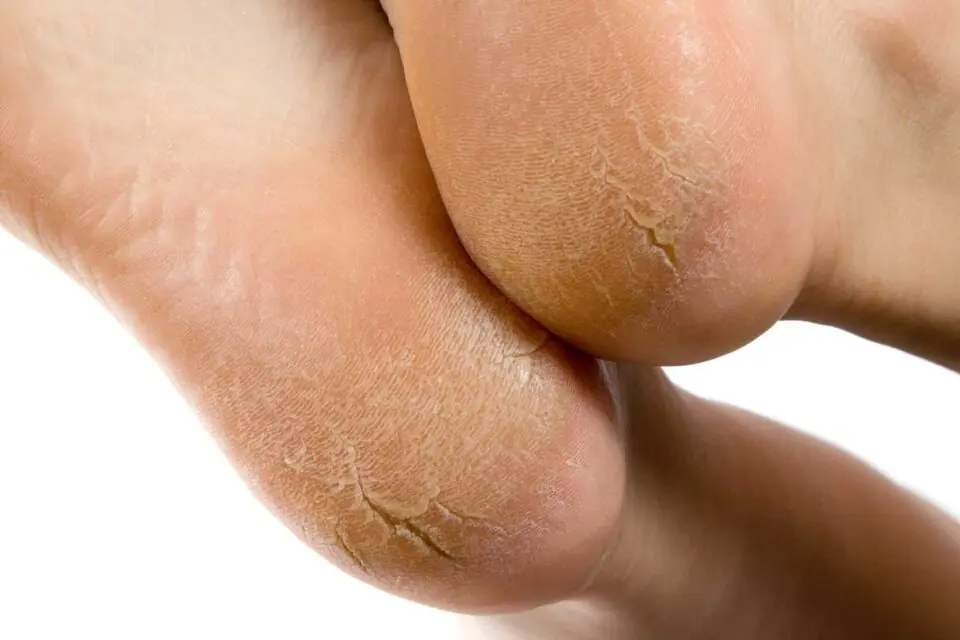
How to Get Rid of Dead Dry Skin on Feet

Foods to Eat if You Need to Poop – The Best Natural Laxatives

How to Make Onion Juice for Hair Growth & Strong Hair

3 Best Ways to Boil Sweet Potatoes for Maximum Flavor
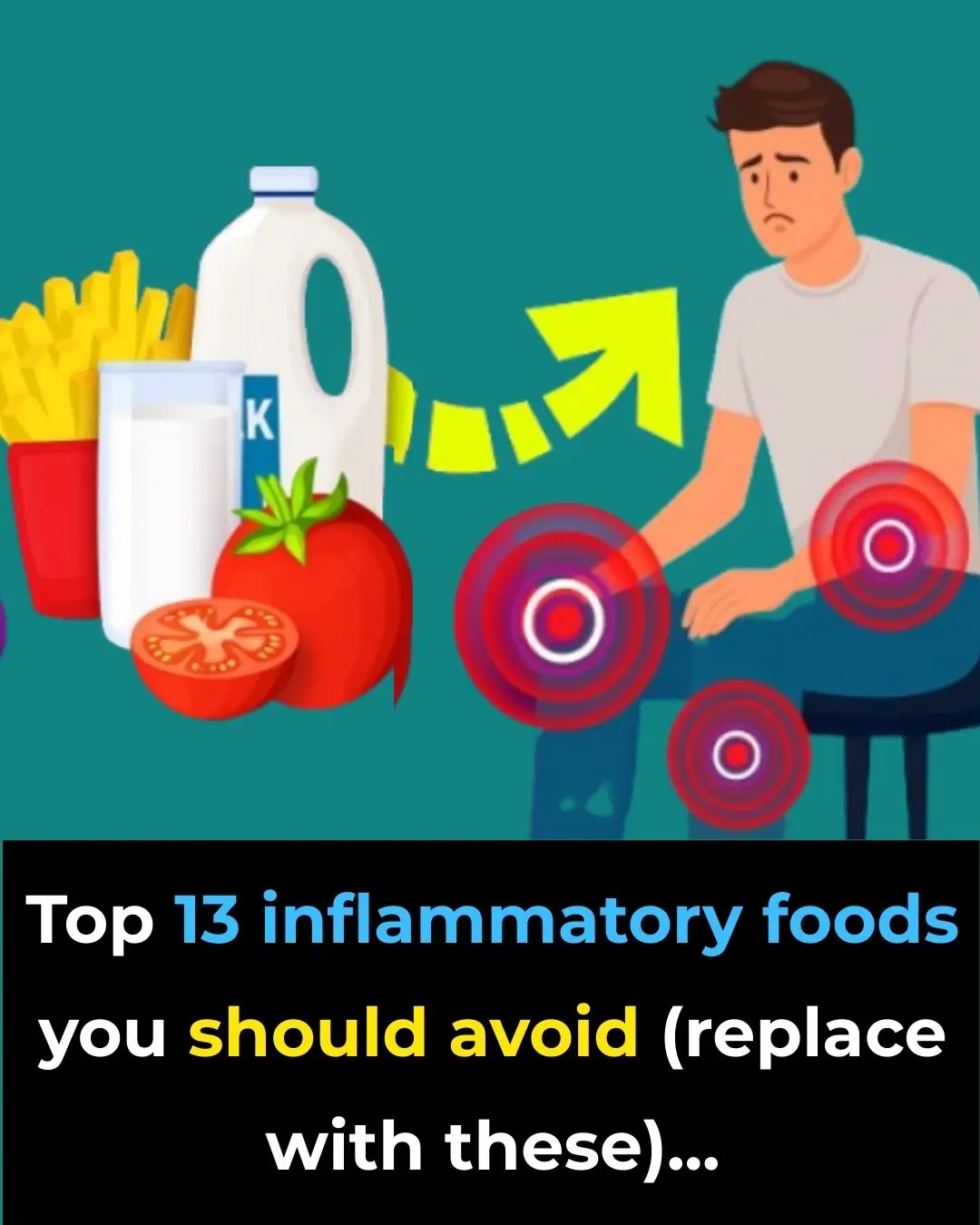
Top 13 Inflammatory Foods You Should Avoid (Replace with These)

Why You Should Drink THIS Warm Turmeric Water In The Morning

14 Warning Signs of Low Magnesium Levels and What to Do About It (Science Based)
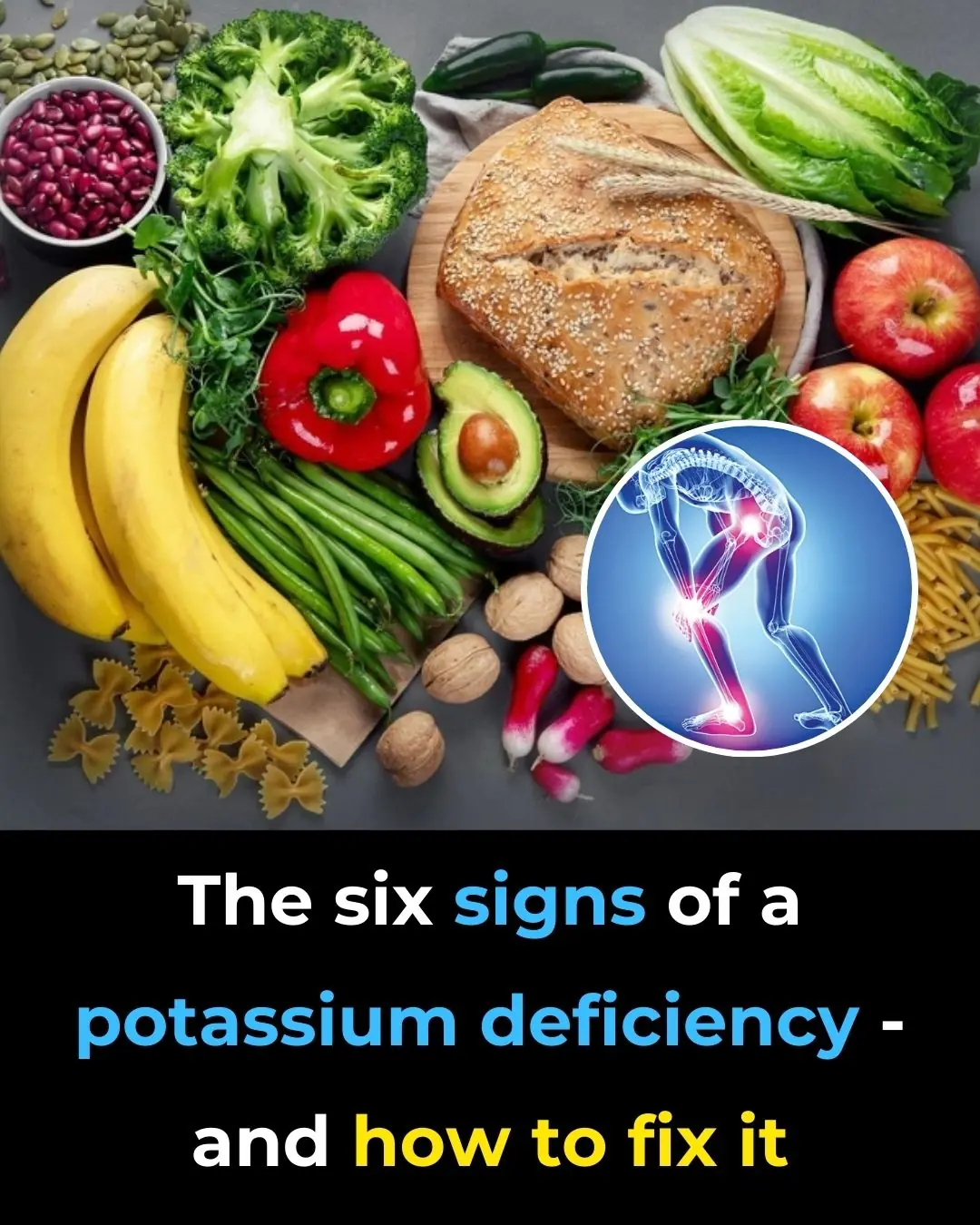
The Six Signs Of A Potassium Deficiency – And How To Fix It
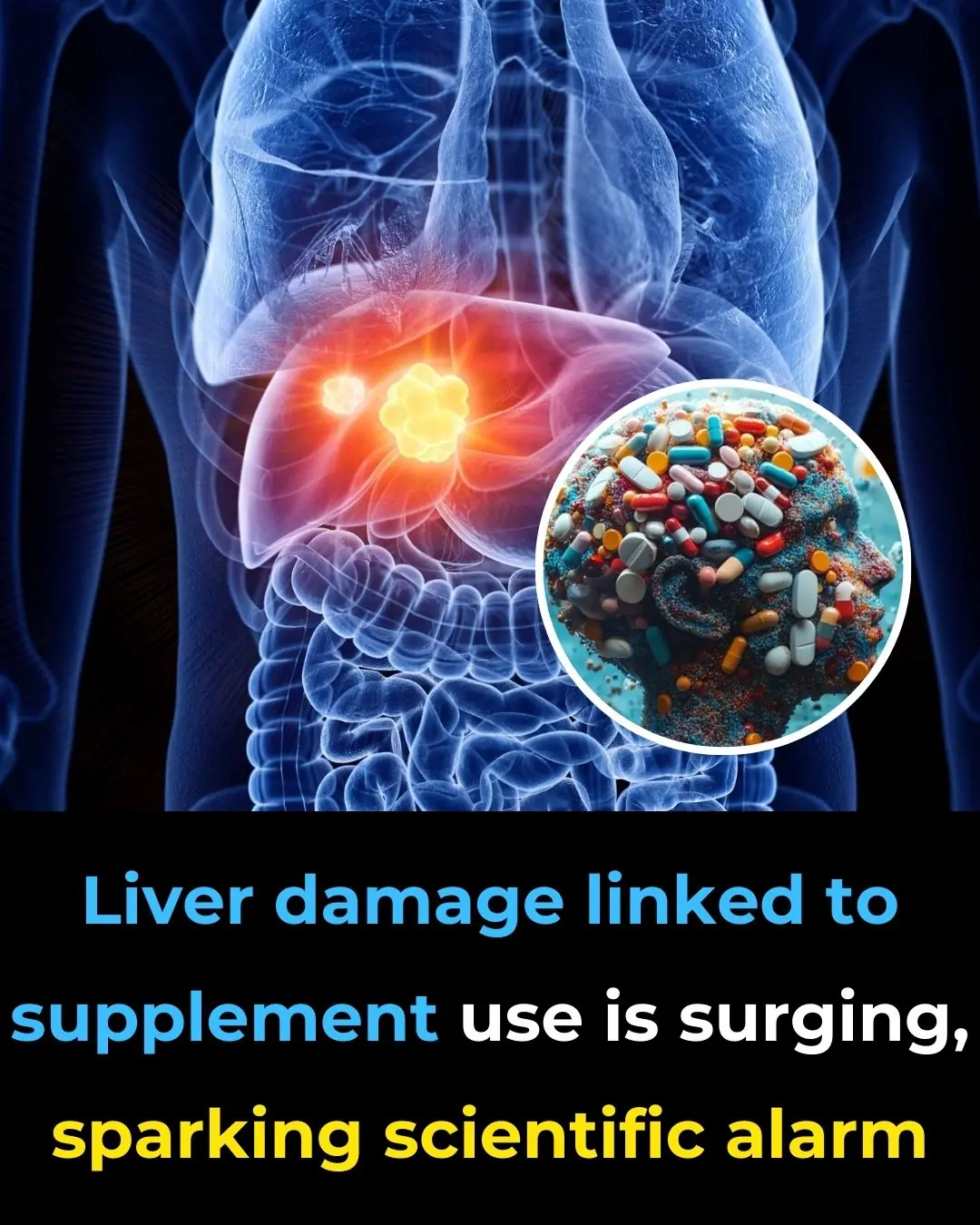
Liver Damage Linked to Supplement Use Is Surging, Sparking Scientific Alarm

Get Rid of Throat Mucus Faster With These Home Treatments (Evidence Based)

14 Warning Signs of Low Magnesium Levels and What to Do About It (Science Based)

Powerful Healing Benefits of Cloves You Probably Didn’t Know: Natural Remedies for Improved Wellness
Cloves are more than just a fragrant spice — they are a time-tested natural remedy packed with healing properties. From soothing digestive troubles to protecting against infections, this tiny bud can be your daily wellness booster.

What Does a Bl00d Clot Feel Like? Experts Share Common Signs and Symptoms
Every year, close to a million Americans face the dangers of blood clots — often without realizing it until it’s almost too late. Recognizing the early warning signs could be the difference between life-saving treatment and a medical emergency.

5 Types of Pain That Should Never Be Ignored

Dark eye circles might be a subtle health warning
Dark circles under the eyes are often brushed off as a sign of fatigue or aging, but they can sometimes hint at deeper health issues. Knowing the difference between harmless causes and warning signs could help protect your long-term well-being.

Striking simulation illustrates the progression of death from cancer
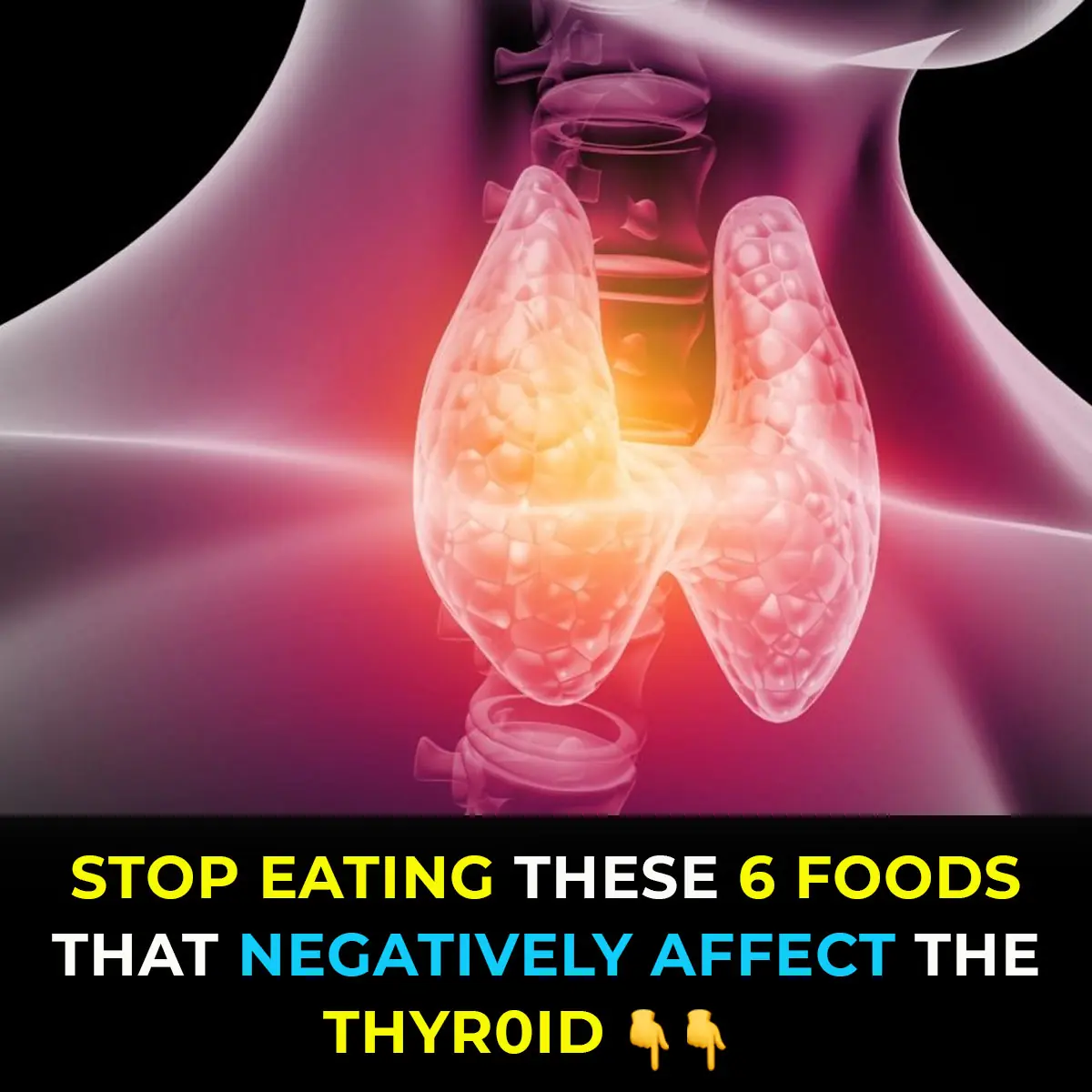
6 types of foods that negatively affect your thyroid
News Post

10 Types of Toxic Friends to Avoid

Index Finger Length: Personality and Fortune

5 Potential Health Benefits of Macadamia Nuts

How to Exercise Safely When You Have Atrial Fibrillation

How to Get Rid of Dead Dry Skin on Feet

Foods to Eat if You Need to Poop – The Best Natural Laxatives

How to Make Onion Juice for Hair Growth & Strong Hair

3 Best Ways to Boil Sweet Potatoes for Maximum Flavor

Underwater City Near 'Noah's Ark' Discovery Might Change The Bible Story We Thought We Knew

A Stranger’s Compassion That Changed Everything.

A Kentucky State Trooper’s Quiet Act of Compassion That Brightened a Family’s Day.

I Let My Lonely Neighbor Stay with Me While His House Was Being Repaired After the Storm, and It Didn't Take Long to Understand Why He Was Alone – Story of the Day

One Day, I Saw a 'Just Had a Baby' Sticker on My Boyfriend's Car, but We'd Never Had a Baby – Story of the Day

3 Family Drama Stories That Will Leave You Speechless

Top 13 Inflammatory Foods You Should Avoid (Replace with These)

Why You Should Drink THIS Warm Turmeric Water In The Morning

14 Warning Signs of Low Magnesium Levels and What to Do About It (Science Based)

Husband Sent Me & the Kids to a Hotel for a Week – I Thought He Was Cheating, but the Truth Was Unbelievable

The Six Signs Of A Potassium Deficiency – And How To Fix It
